How Croatia Can Fix Its Demographic Crisis by Embracing Its Diaspora
Croatia is at a demographic crossroads. Years of emigration, declining birth rates, and an aging population have created a perfect storm that threatens the country’s economic stability and social fabric. However, amidst this crisis lies an untapped resource with immense potential: the Croatian diaspora. With millions of Croatians and their descendants living abroad, reconnecting with this global network could be the key to revitalizing the nation.
The Demographic Challenge
Croatia’s population has been shrinking for decades. Since gaining independence in 1991, the country has lost hundreds of thousands of citizens to emigration, driven by economic hardship, political instability, and a lack of opportunities. The 2021 census revealed a stark reality: Croatia’s population had dropped below 3.9 million, with projections warning of further declines.
This demographic collapse is not just a numbers game; it has real-world consequences. The labor market is strained, the healthcare system is overburdened, and rural areas are becoming ghost towns. Croatia now faces a pivotal question: how can it reverse this trend and ensure a sustainable future?
The Diaspora’s Untapped Potential
Croatia’s diaspora—spread across the Americas, Australia, Europe, and beyond—is estimated to number between 3 and 4 million people. These individuals are a reservoir of talent, capital, and cultural connection. Harnessing their potential could address multiple facets of the demographic crisis:
- Highly Skilled Professionals: Many diaspora members are well-educated, with expertise in fields such as medicine, engineering, technology, and academia. Their return could inject fresh energy into Croatia’s economy and help modernize key industries.
- Financial Resources: The diaspora controls significant wealth, including billions in retirement funds and investments. Encouraging these individuals to invest in Croatia could stimulate economic growth, create jobs, and fund infrastructure projects.
- Global Business Network: Croatian expatriates are embedded in global markets, holding influential positions in corporations and startups. This network could open doors for trade, innovation, and foreign investment in Croatia.
- Real Estate Holdings: Diaspora families own hundreds of billions in real estate assets worldwide. Incentivizing property development or purchase in Croatia could revitalize housing markets and attract long-term residents.
Barriers to Engagement
Despite the potential, Croatia’s relationship with its diaspora has been fraught with challenges. Past efforts to reconnect have often been hampered by bureaucracy, lack of coordination, and political skepticism. Many diaspora members feel alienated, citing obstacles such as:
- Bureaucratic Red Tape: Complex legal and administrative processes deter diaspora members from returning, investing, or reclaiming property.
- Lack of Representation: The diaspora’s voice in Croatia’s political landscape is minimal, with limited parliamentary representation and voting access.
- Social Integration: Many returnees struggle to adapt to life in Croatia, citing issues like language barriers, cultural differences, and limited support systems.
A Blueprint for Change
To fully leverage the diaspora’s potential, Croatia must implement targeted policies and programs. Here’s how:
1. Streamline Bureaucracy
Simplify administrative processes for diaspora members who wish to return, invest, or acquire property. Establish a “one-stop shop” for diaspora-related services to cut through red tape.
2. Improve Political Representation
Ensure the diaspora has a stronger voice in Croatian politics. Expand parliamentary representation and make voting more accessible, such as through online voting systems.
3. Create Returnee Support Programs
Develop comprehensive programs to assist returnees with housing, job placement, and integration. Offer language courses, cultural orientation, and mentorship opportunities to ease the transition.
4. Invest in Education
Establish English-language schools and international programs to attract diaspora families with children. Quality education will be a significant factor in convincing families to return.
5. Offer Financial Incentives
Provide tax breaks, grants, and subsidies for diaspora members who invest in businesses, property, or local communities. Encourage entrepreneurship by supporting startups led by returnees.
6. Foster Cultural Connection
Strengthen ties through cultural festivals, heritage programs, and media outreach. Highlight success stories of returnees to inspire others and showcase the benefits of reconnecting with Croatia.
The Road Ahead
Croatia’s demographic crisis is not insurmountable, but it requires bold action and a unified vision. Embracing the diaspora is not just a practical solution; it is a moral imperative. These individuals and families are part of Croatia’s extended family, and their contributions could shape the nation’s future.
By addressing the barriers and fostering a welcoming environment, Croatia can transform its demographic challenges into opportunities. The diaspora holds the keys to a brighter future—a future where Croatia is not only a homeland but also a beacon of opportunity, unity, and pride for Croatians worldwide.



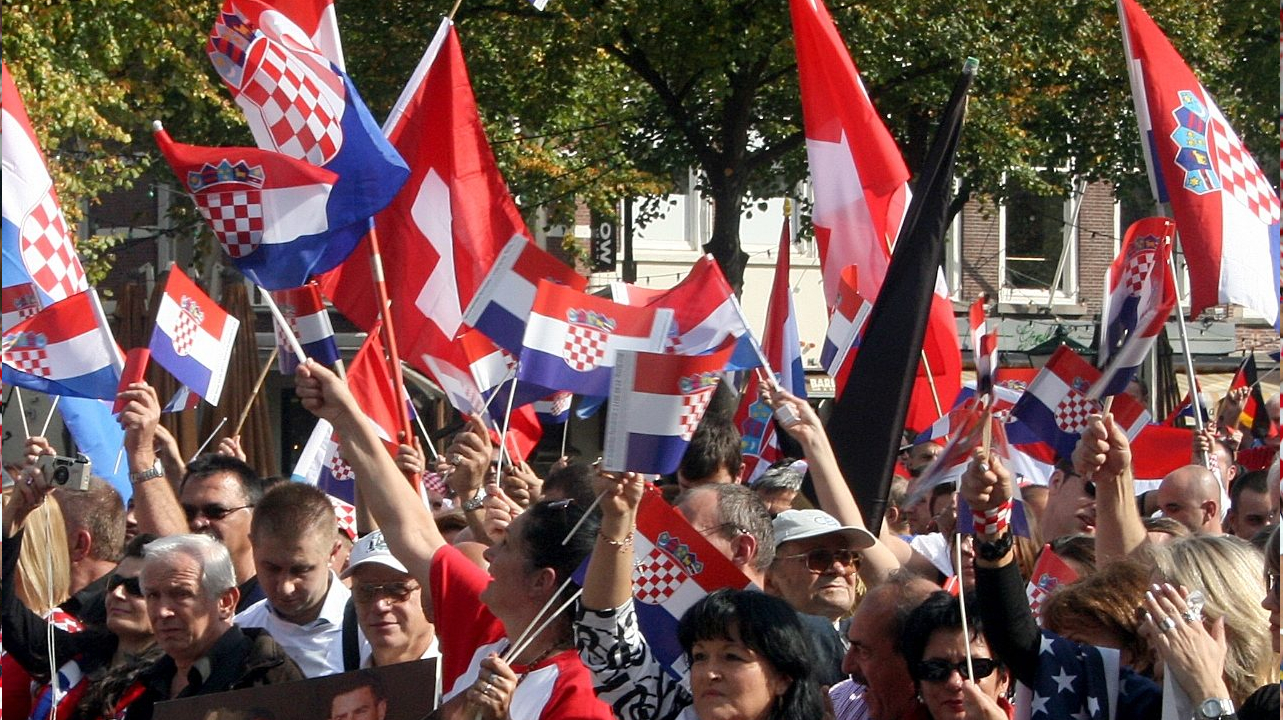

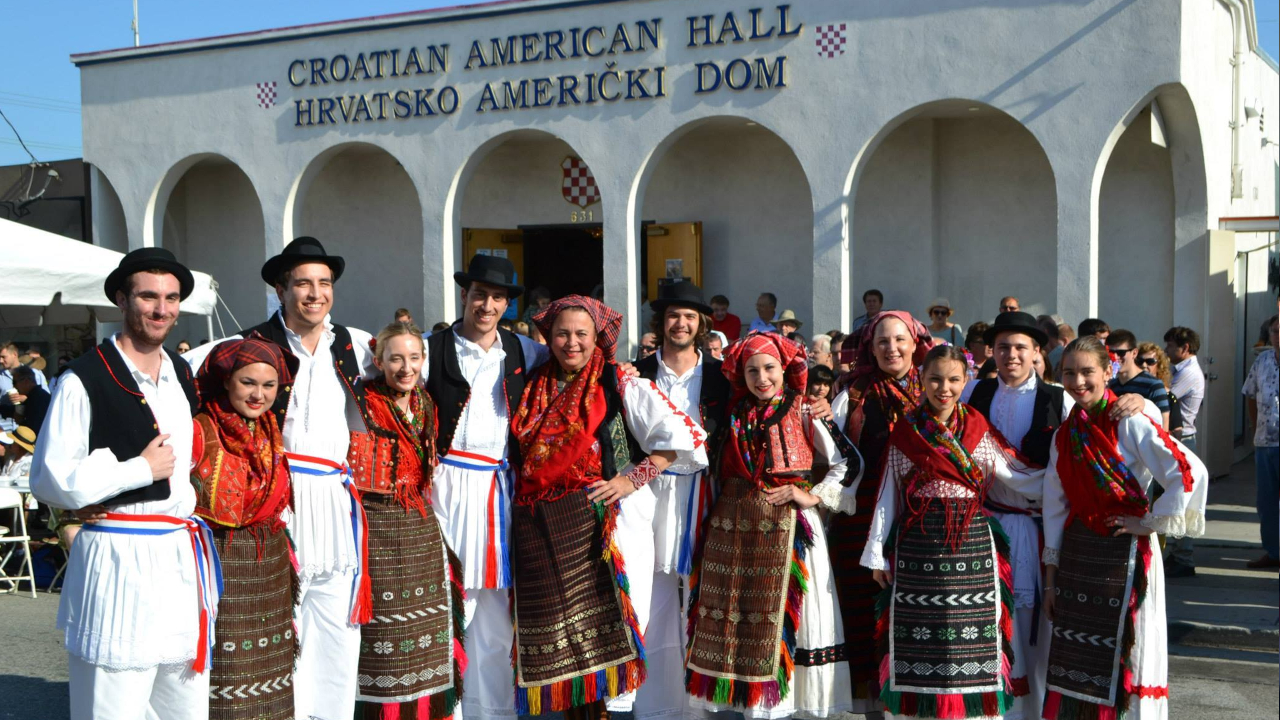


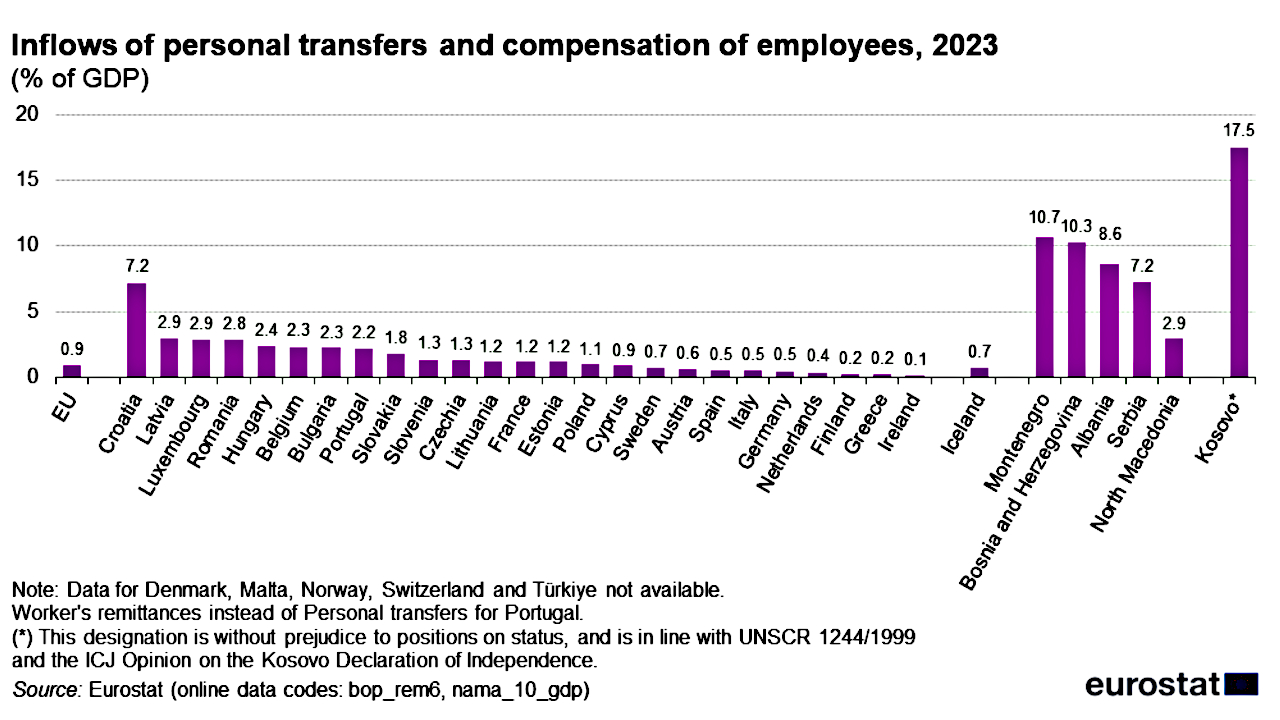
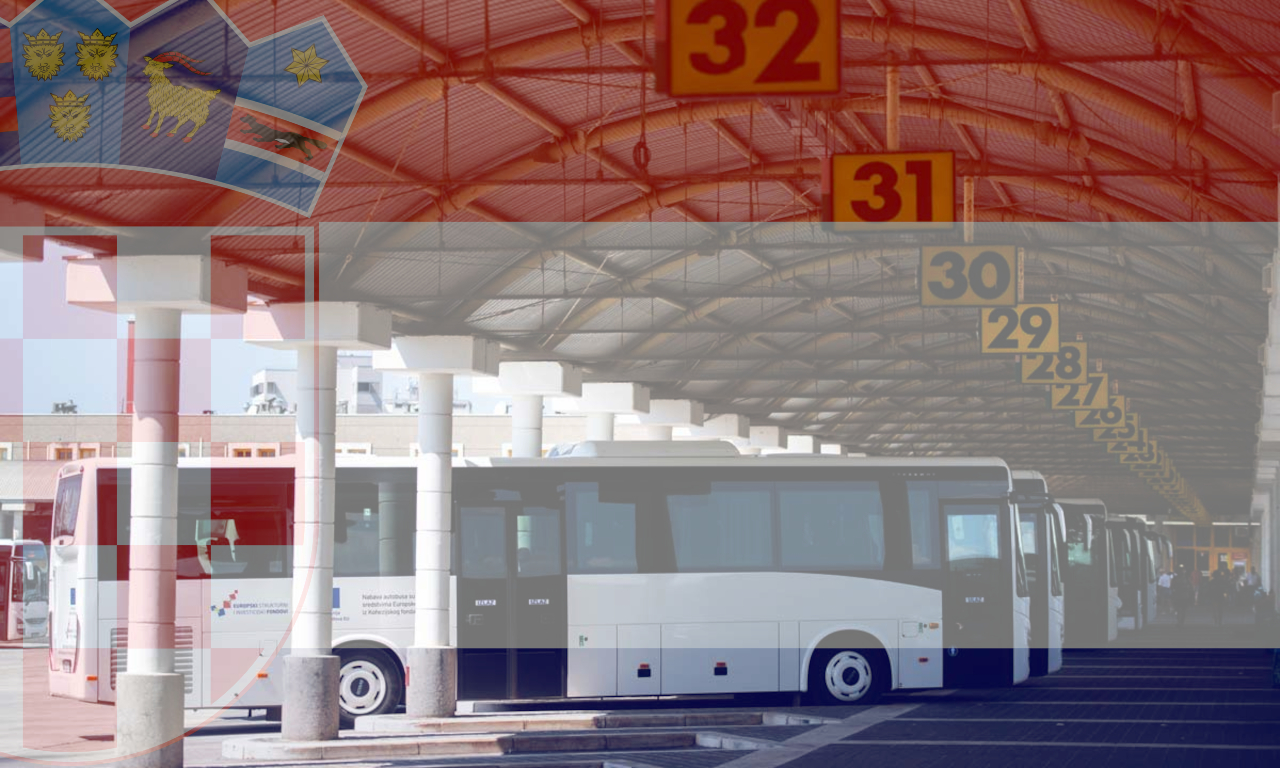
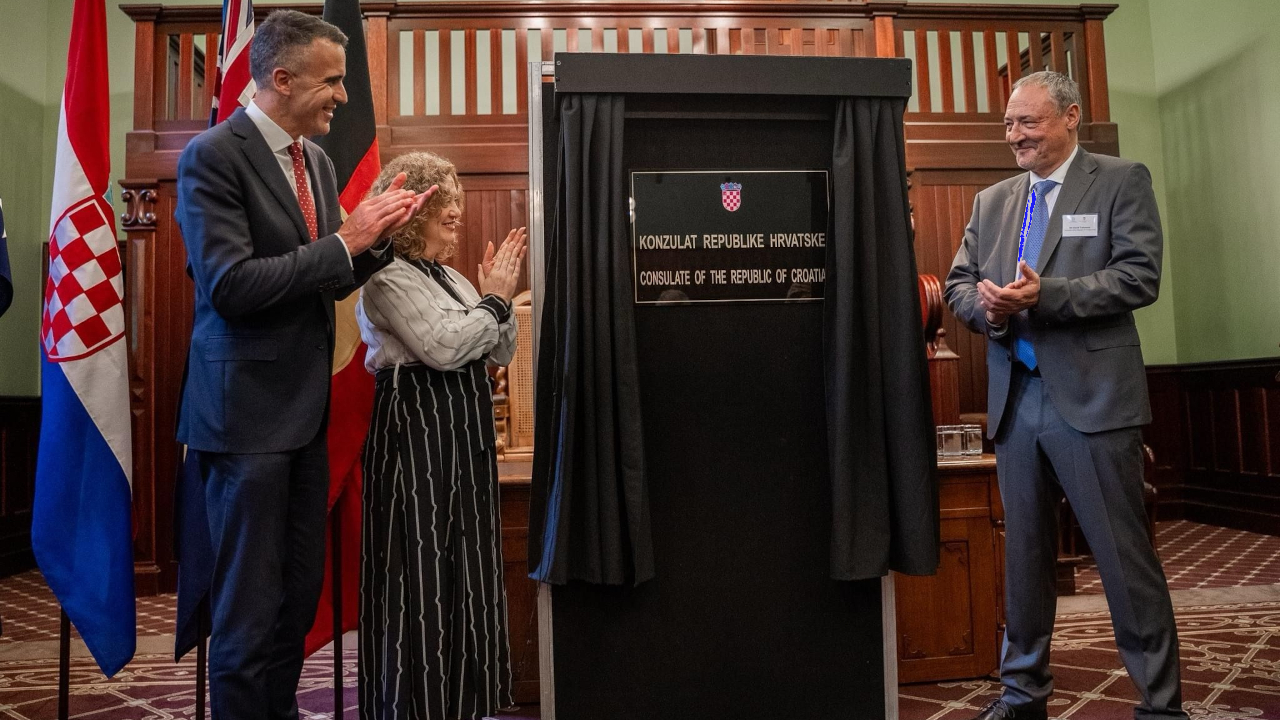



Leave a Reply